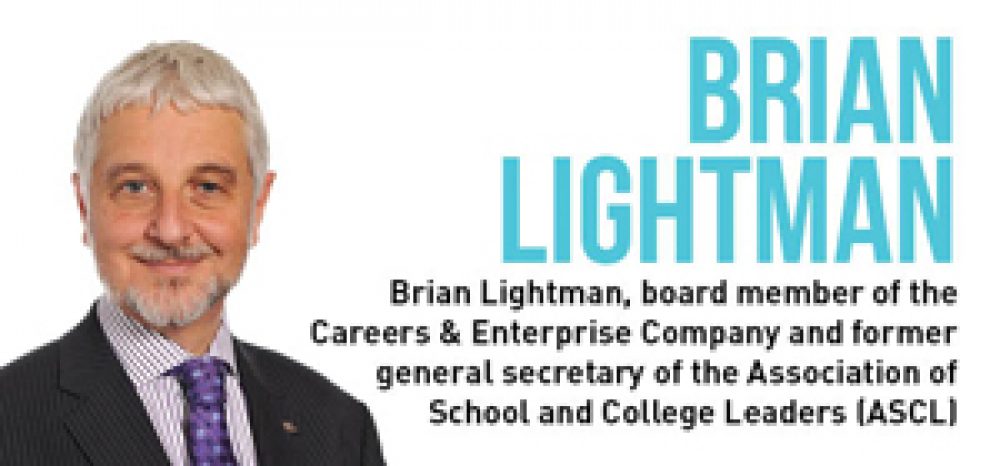For anyone who wishes to gain insight into profound contradictions underlying current government thinking on the curriculum, I can highly recommend the Ofsted best practice report ‘Apprenticeships for Young People’.
This informative report, published earlier this month, is based on the work of 15 providers that are highly successful in delivering apprenticeships to young people.
Among the conclusions it draws are the following:
• It recognises that ‘young people who had previous experience of vocational training were more successful in making good progress with their apprenticeship framework than those starting straight from school without it.’
• There is a strong emphasis on the value of work experience for school students and the report comments on the incompatibility of this with a GCSE based curriculum. It says: ‘Employers saw successful work experience at school as an important factor.’
• The report places a strong emphasis on the importance of employability skills: ‘Most of the providers or employers did not see pre-entry qualifications such as GCSEs as a deciding factor in choosing applicants.’
• It makes a strong case for all school students to have access to high quality impartial careers guidance.
• It presents some examples of schools discouraging ‘bright’ pupils from ending their general education at 16 to pursue apprenticeships.
Recommendations to government and schools included the following:
• Improve the national availability of careers guidance on post-16 options so that young people can make informed and independent choices about their education and training
• Improve the local coordination of work experience so that willing employers can respond to more requests for such experience across a wider time-frame
Now, contrast this with some of the Department for Education’s policy announcements in the last 12 months:
• Accepting the Wolfe report recommendations that all 14-16 year olds spend no more than 20 per cent of time on vocational subjects
• Cutting £200 million from the national careers budget and replacing a face-to-face Connexions service with a telephone line and website
• Removing the requirement for schools to provide careers education and work experience – and more significantly placing the burden for funding work experience on schools
• Giving the National Curriculum Review a remit that focuses on knowledge and academic subjects rather than employability skills
• Drastically cutting the number of vocational qualifications that count in school league tables
Considering concerns about Ofsted’s lack of independence from government have been expressed in a number of places, including ASCL’s annual conference in March, it is encouraging to see Ofsted draw its own evidence-based conclusions, especially as the recommendations chime with many of the surveys of what employers look for when taking on new recruits.
More importantly, it throws up important questions for future policy development.
• Since potential employers clearly see the value of vocational courses for pupils aged 14-16, does the apprenticeships report not present a strong case against their marginalisation in the curriculum?
• This report reflects the desire consistently expressed by employers for young people to leave school with a range of employability skills. Therefore should these not be at the heart of the national curriculum?
• How does the government square the conclusion in the report with the decision to remove the requirement on schools to provide careers education or work experience?
• Does the accountability framework, including the proposed destinations measure, value schools which guide pupils onto apprenticeships as well as towards higher education?
• Why has the provision of careers advice for school age pupils been left to individual schools when the case for national and local coordination is so clear in this report?
I am just asking…









Your thoughts